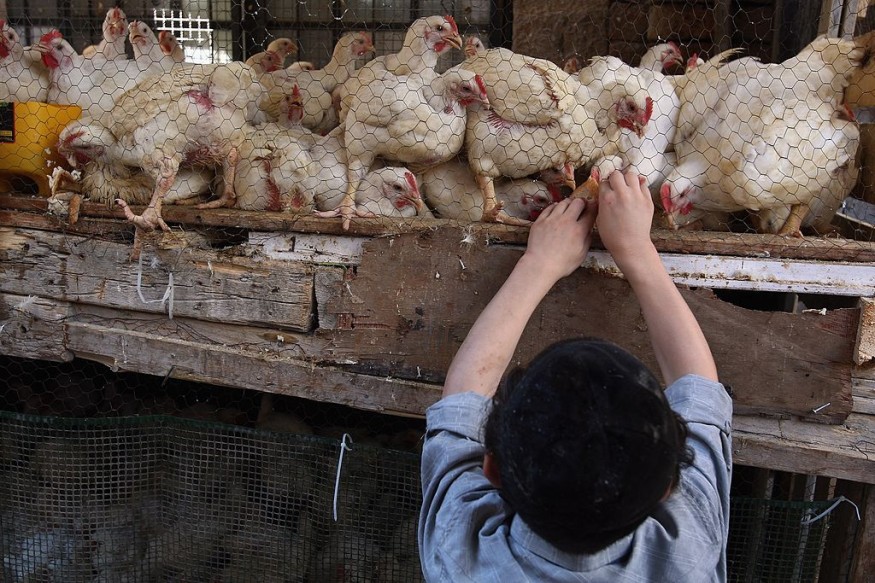
Experts said that ancient DNA has shown the evolution of Marek's Disease Virus.
The study said that Marek's disease virus (MDV) causes tumors in chickens and has increased in virulence over the past century. It showed how viruses evolve to become more virulent and could lead to the development of better ways to treat viral infections.
Basal Strains
Scientists have studied ancient DNA from chickens to reveal the evolutionary history of this once mild disease. They sequenced MDV DNA from 15 ancient chickens, finding that these strains were basal to modern ones and identifying multiple fixed genetic changes.
Testing the ancient version of the gene Meq, a regulator of tumor formation, the researchers found out that virulence was greatly reduced compared with modern versions.
These results of the study shed light on the evolution of virulence in a major disease in modern agriculture.
The pronounced growth in livestock populations since the 1950s has altered the epidemiological and evolutionary trajectory of their associated pathogens.
For example, Marek's disease virus (MDV), which causes lymphoid tumors in chickens, has experienced a marked increase in virulence over the past century. At present, the MDV infections kill >90% of unvaccinated birds, and controlling it costs more than US$1 billion on a yearly basis.
By sequencing MDV genomes derived from archeological chickens, experts were able to demonstrate that it has been circulating for at least 1000 years.
The recent study was based on DNA isolated from chicken bones that were excavated from 140 archaeological sites in Europe and the Near East.
These ancient genomes revealed that MDV was widespread in European chickens at least 1,000 years before the disease was first described in 1907.
Due to this, the study also highlighted the importance of preserving archaeological remains, especially given their power to reveal valuable insights into the evolution of virulence.
They noted that they functionally tested the Meq oncogene, one of 49 viral genes positively selected in modern strains, demonstrating that ancient MDV was likely incapable of driving tumor formation.
The results demonstrate the power of ancient DNA approaches to trace the molecular basis of virulence in economically relevant pathogens.
Cause Of Cancer In Animal Kingdom
Marek's disease virus (MDV) mainly infects chickens and causes one of the most prevalent cancers in the animal kingdom. The virus is strictly cell-associated and belongs to the genus Mardivirus in the subfamily Alphaherpesvirinae of the order Herpesvirales.
Based on records, the Hungarian veterinarian József Marek first identified the disease in 1907 and described it as fowl paralysis, a generalized polyneuritis in chickens.
His studies had provided the basis for over 100 years of MDV research, which turned out to be an open-ended success story "from miasma to model."
Experts said that MDV is among the diseases with the highest economic impact in modern poultry production worldwide, together with other viral diseases, such as Newcastle disease, infectious bronchitis and infectious bursitis.
Chickens are exposed to MDV around the globe and the virus is present in a large proportion of flocks.
The economic losses caused by MDV are due to lower feed conversion, weight loss, decreases in egg production, and condemnations of carcasses at slaughter.
© 2025 NatureWorldNews.com All rights reserved. Do not reproduce without permission.





